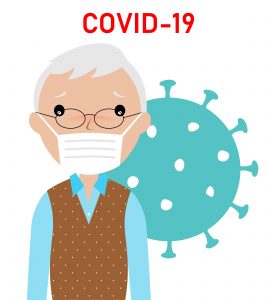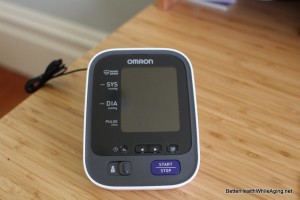What should an older adult’s blood pressure be? And what if that older person is over age 75?
It’s an important question to consider, because in some cases, the medical care that is ideal at age 50 is no longer ideal as people get into their 70s, 80s, or 90s.
And high blood pressure — also known as hypertension — is a very common condition, and becomes even more common as people get older.
Fortunately, several years ago, a very well-done randomized trial provided us with answers to these important questions. It was published in the prestigious JAMA journal: “Intensive vs Standard Blood Pressure Control and Cardiovascular Disease Outcomes in Adults Aged ≥75 Years.
When a major study like this is published, people often wonder: does this mean they should change the way their hypertension — or their parent’s hypertension — is being managed? Is their blood pressure (BP) at a good level? Should they be on more medication?
In this post, I review the most essential things to know about these landmark blood pressure research findings. This will enable you to take full advantage of a related post, in which I share with you a step-by-step process you can use, to start to figure out whether an older person’s BP management plan might need to be revised.
Warning: this is one of those medically nerdy posts. But I have to write it, as it’s a foundation for later answering your questions on what your parents’ BP (or your own BP) should be, and whether you should consider a change in medication or treatment. If you just want to know the essentials, skip down to the key takeaways at the end.











